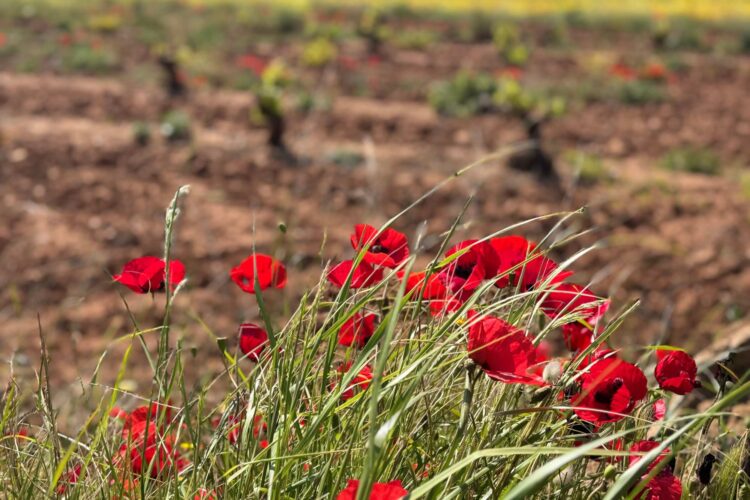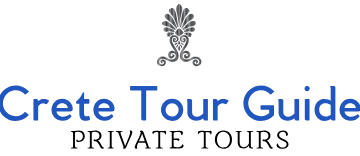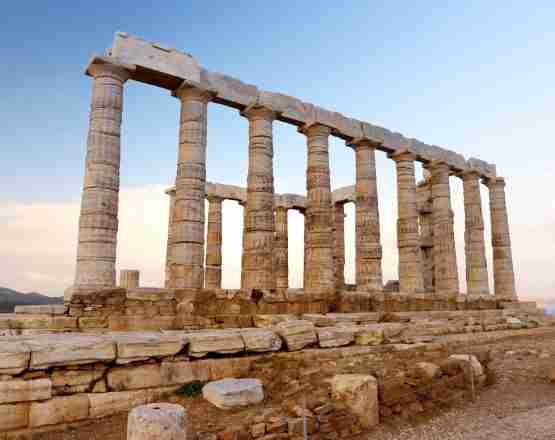Sacrifice

What most people may recall from the Greek myths, are heroes like Hercules or Theseus, who make the world safer for other human beings by killing threatening monsters or punishing bad human beings.
Hercules’ killing of the hydra, a monster with regrowable heads, as one of his labours represents the forces of civilization conquering nature. The ability of Hercules to kneel and lift the monster before killing it!
Might show that some monsters can only be beaten by mind and physical strength not only strength in itself. At a fundamental level, these kinds of stories centre on how heroes are capable of making life safer for human communities. But most heroic narratives also emphasize how family life can threaten their communities. For example, one reason Hercules had to complete his many labours as a punishment was that he killed his first wife and their children due to a fit of madness sent by Hera. One of the most famous Greek heroes, Achilles, underscores the antisocial aspect of heroes well in Homer’s “Iliad.” At the beginning of the epic, he prays for his people to suffer and die because they didn’t preserve the honour he believed he had earned. Indeed, audiences often overlook that it is Achilles’ desire to be honoured that causes his people to suffer and the death of his companion Patroclus.
This heroe and star of the Illiad was also a very proud and easily offended hero . The most popular image of heroes is of a savior figure. But their stories also include details about isolation, alienation and the destruction of families, leaving little in the way of hope for healthy relationships. How we know who we are Heroic failure in personal relationships helps to emphasize their alienation from their communities. Instead of being distractions, however, I think these personal challenges are part of the point of mythical narratives for audiences who don’t live in fantasy worlds. Learning how to live a normal life is an important theme of the Homeric “Odyssey,” 20 years long journey of the famous hero of Homer’s “Iliad,” Odysseus, on his way home from the Trojan War to be reunited with his family. This particular narrative from ancient Greece is an exploration of “nostos,” a word that means “homecoming” but has come to mean “sweet” in modern Greek. In the “Odyssey,” Odysseus’ reunion with his family is part of great difficulty of his homecoming. Central to this difficulty is the question of who the hero is after 20 years at war and journey Just as today, the return home is far more than a simple journey to “home” …For Odysseus, it was a return to the relationships that defined him before he left for Troy during the war and his long journey home with all he encountered. The Homeric epic is deeply interested in where our identities come from: memories, the stories we tell about them and the relationships that rely on both memory and story. Acknowledging the past is crucial for Odysseus – and his audiences – because familiarity is necessary for recreating relationships as a bridge from our past to present selves. Odysseus meets his son, his nurse slave of his child hood named Eurycleia – his wife Penelope and his father, Laertes. In each case he lies to them about his identity and has his identity confirmed later on. The confirmations come from stories of their shared past together Eurycleia recognizes the scar on Odysseus’ leg from a wild boar hunt when he was but a child,Penelope uses the bed he built for them to confirm that In fact it is her husband and his father doubts who he is until the two of them visit the orchard they tended together when he was young and Odysseus describes to him the varieties of trees and recounts who planted them! These details often surprise modern readers who wonder why the “Odyssey” spends so much time on small encounters.
Each reunion emphasizes that Odysseus is not truly home until he has reconciled who he is now with who he was before. He must also undergo a similar, more violent reckoning with the people he used to rule over. The cumulative effect of this sequence of reunions is to emphasize that individual identity is created and confirmed by other people. Outside of his home, Odysseus was a warrior; he cannot truly return until he remembers how to be a king, a father, a husband and a son. Individualism vs the hero Odysseus’ famous homecoming – his nostos -meaning “grief for or from a homecoming,” nostalgia describes well that bittersweet feeling of coming to familiar places and memories, but feeling the distance and the passage of time. For some, yearning for the past can create anxiety and distress; for others, it can be a resource to create a stronger sense of self.
In the Odyssey there is understanding that nostalgia works both ways: It helps us remember who we were and drives us to navigate that uncomfortable space between our memories and our identities. The “Odyssey” works against the individualism of the basic heroic myth to help , us think about how other people matter to us and how the stories we tell each other confirm and create who we are.


